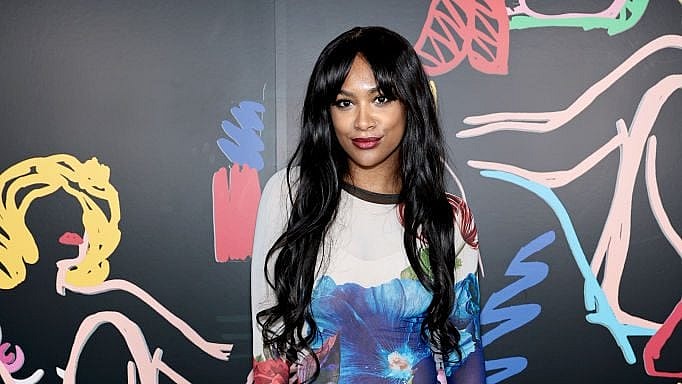For a certain generation, consuming tart candy-flavored Flintstone-shaped vitamins was a rite of passage. It was also an initiation into the ever-confusing industry of vitamins and supplements. To this day, experts can’t seem to agree on whether multivitamins are good for us.
According to the latest study published in JAMA Network Open on June 26, vitamin supplements do not prolong life — and may even increase the risk of death.
The study, conducted by the National Institutes of Health, analyzed data collected from almost 400,000 generally healthy adults over 20 years and found that “multivitamin use to improve longevity is not supported.”
Instead of living longer, researchers found that those who took multivitamins were actually 4% more likely to die than those who didn’t take any. However, it should be noted that the researchers did not analyze data from people who had preexisting vitamin deficiencies.
“What this study shows is that, generally, multivitamins aren’t going to help you live longer,” Dr. Jade A Cobern, board-certified physician in pediatrics and general preventive medicine, told ABC News in reference to the study. “Even though the cost of many multivitamins isn’t high, this is still an expense that many people can be spared from.”
Recommended Stories
Cobert further recommends that individuals focus on eating the right foods.
“We can all likely benefit from adding more vegetables and whole grains or legumes into our diets, reducing red meat intake, decreasing our sedentary time and reducing alcohol intake,” she said.
While some may have access to affordable nutrient-rich whole foods, considering that 73% of the US food supply chain is ultraprocessed foods, many in this country do not. In addition to access, there are other biological and even hereditary aspects for many to consider.
For instance, an NIH study in 2021 found that roughly 75% of Black adults have a vitamin D deficiency. For decades, multivitamins have been formulated for the majority, which hasn’t always been sufficient for all genders or races. Cue the creation of Black vitamin and supplement brands catering to the deficiencies more commonly observed in Black women and men, like Black Girl Vitamins. Founded in 2021, the brand was just announced as the official vitamin partner for Howard University’s women’s basketball team.
“Since its inception, Black Girl Vitamins has been at the forefront of promoting health and wellness within the Black community, offering a range of vitamins tailored specifically for Black women’s nutritional requirements,” said the company in a press release, per Sports Illustrated.
Ultimately, when it comes to vitamins, experts advise you to learn about any specific deficiencies you may have through blood work and proceed with a regimen and diet tailored to your needs.










